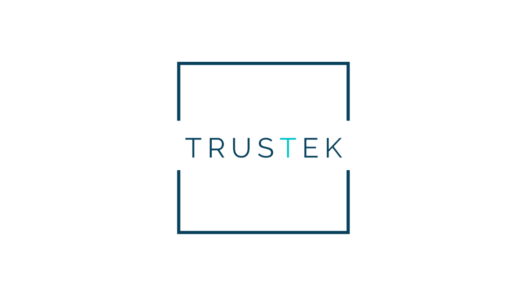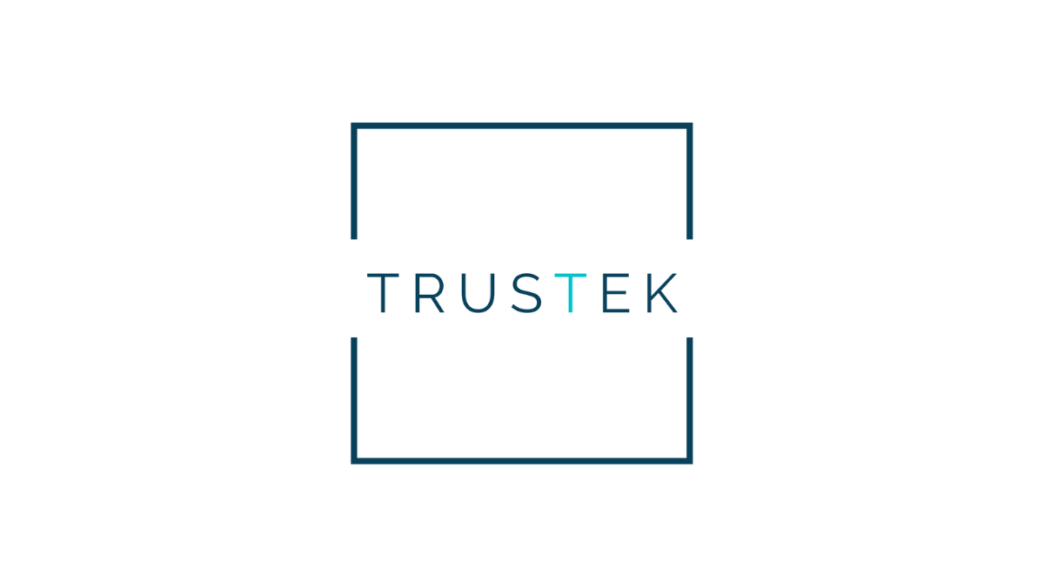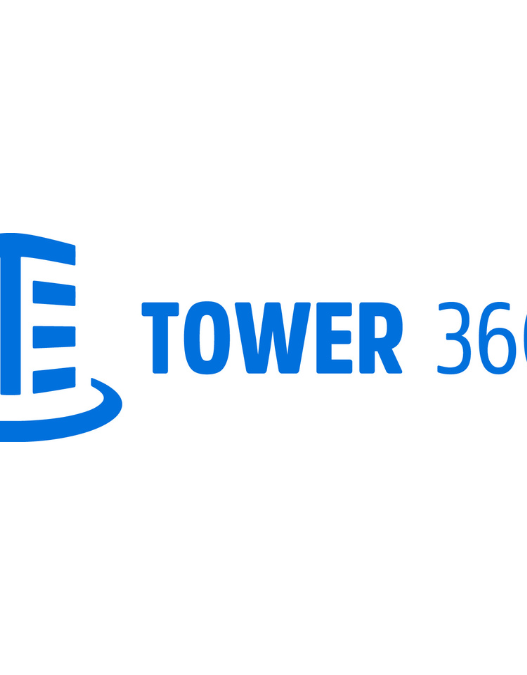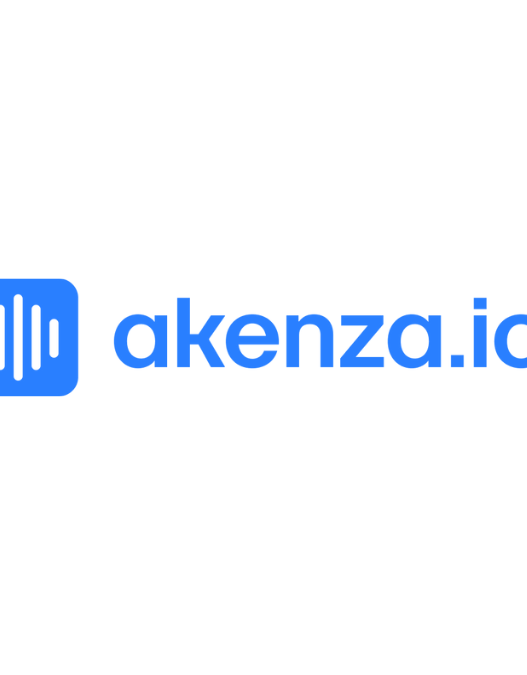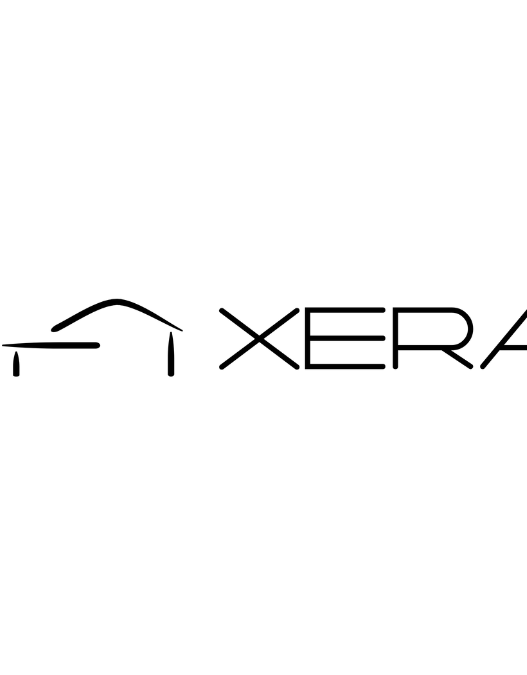In our latest Spotlight Interview, we spoke to Trustek co-founders Freddie Pritchard-Smith and Michael Crawford. Freddie and Michael explained the Verified Marketplace, helped customers navigate the PropTech market and made predictions for the coming years. “PropTech companies often see themselves as a solution looking for a problem. Our role is to identify the problem and bring the right solution in place, saving both real estate companies and PropTech companies time in finding the right opportunity.”
Q1. Trustek launched the Verified Marketplace last year, can you briefly explain what Verified is and how real estate companies can leverage it?
Verified is an independent marketplace of PropTech companies where we have gone through a due diligence process and created a detailed report on each product. It is a completely free tool that real estate companies can use and is a starting point to compare known products or completely new concepts. It is not designed as an end-to-end procurement solution, but rather as a standardized report to allow comparison of products, as no two companies offer the same solution at the same price.
The Verified Marketplace has seen significant growth since its launch, with many PropTechs now certified. Can you elaborate on the process PropTech companies go through to achieve certified status?
The focus of the companies we validate aligns with the gaps we identify from an audit of your existing assets to ensure you have access to the right solutions. We share a standard RFI form for you to fill out and provide supporting documentation.
If applicable, we'll provide access to a demo account to use the product or conduct a detailed product demonstration. The final validation will be through case study interviews with users of the product, so we can understand how the product was chosen, what was successful, and what could be improved. This provides invaluable context for PropTech companies, as well as other companies considering the product.
Q3. How does Trustek measure the success and impact of its procurement solutions on its customers' businesses and what metrics does it use to evaluate its performance?
We help our clients set clear project objectives before procurement efforts begin, and measure success by defining KPIs to evaluate the technology over the medium and long term – anything from improved Net Promoter Score for customer experience to reduced energy or carbon consumption on-site.
Q4. How does Trustek leverage its team’s deep experience in the real estate and technology sectors to simplify the real estate technology procurement process and address the complexities of real estate technology solutions for its clients?
The team has over 30 years of combined experience and work daily with all key sectors including landlords, operators, occupiers and technology companies.
We understand that technology is often not at the core of real estate industry knowledge and experience. Many don't have the time in their day-to-day work to research innovations that could benefit their business and their assets. Our role is to show what technology is available in the market and clearly communicate the value it can bring to them.
Every building is different and different technology companies can offer different solutions at different prices, so we recommend starting with a building/portfolio audit to understand what is already available and what needs to be integrated to make the project a success.
We believe that PropTech companies are often looking for a solution to a problem. Our role is to identify the problem and put in place the right solution, saving both Real Estate and PropTech companies time finding the right opportunity.
Q5. Looking forward, based on your team’s experience and knowledge, what are your three predictions for the industry over the next few years?
NetZero's path will be to leverage technology solutions to delay the stranding date by optimizing building performance before making any large capital investments that may be required. PropTech companies continue to consolidate, with more problems solved in one place. The future of real estate operations will require technology managers and integration specialists to support the changing demands from owners and occupiers.









